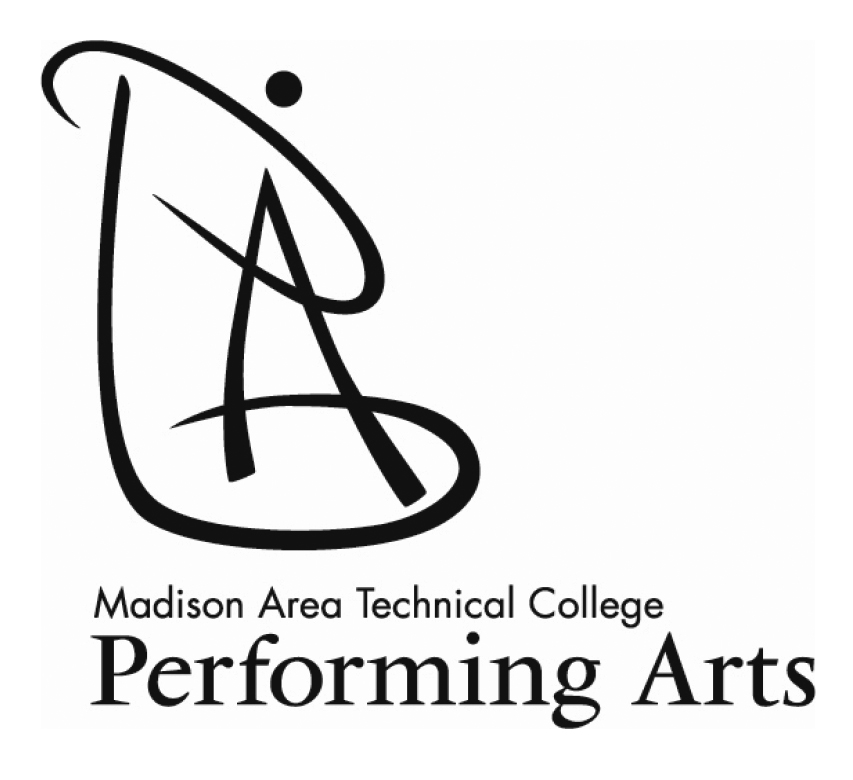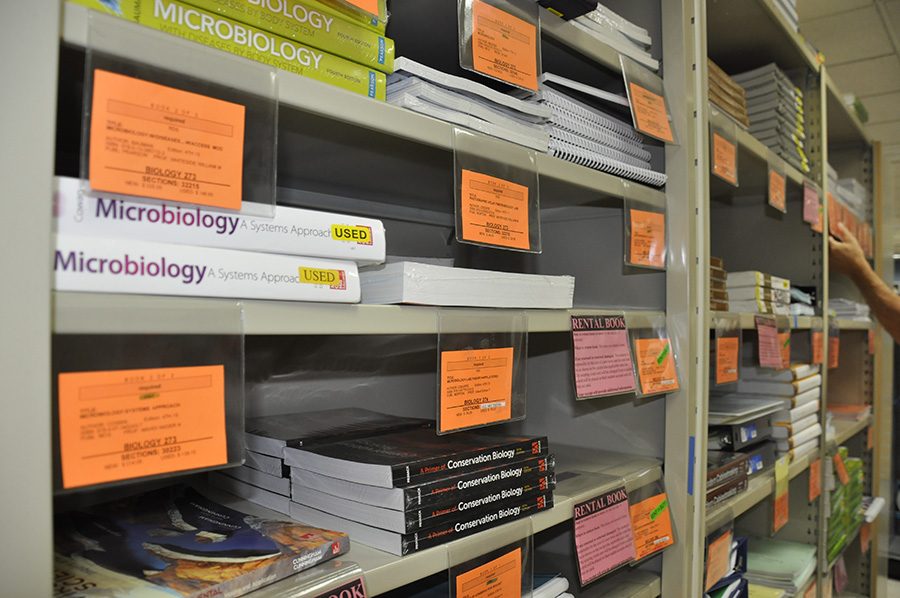Rental and other options can help reduce book costs
January 17, 2017
One of the most common worries about college is how to budget to cover the costs of attending. Part of these costs are the textbooks required for each semester. Financial aid and student loans can often be used in the college bookstore during designated book charge dates each semester, but this does not change the shocking price discovered when printing out book lists.
Madison College allows eligible students to use their semester’s financial aid to charge books to their account. This may not save money, but it helps to know that you have access to funds for books.
Whether a student is eligible for the financial aid book charge or not textbooks are still expensive. Some wonder if there are better ways that money could be spent for the semester. With a little homework, students can save money and still obtain their required textbooks.
Book rentals can save students up to 75 percent compared to buying a new edition of the textbooks. If someone does not wish to keep a particular book after the semester, this is a good option. Books must be returned in a certain condition, so this is not the best option for those who love to highlight and take notes within book margins. Still, a little extra care with rentals could allow students to keep that money in their pockets.
Books can be rented directly through the school’s bookstore, or websites such as Chegg.com and Amazon.com. There are many more websites that offer textbook rentals and purchases.
Certain websites offer electronic versions of textbooks, often at half the price of a new printed edition. There are pros and cons to the electronic versions, depending on reading preferences. Some students enjoy having an efficient way to carry their textbooks that is light and less expensive. Other students find it is more difficult to read and take notes on an electronic version compared to printed text. This option is great for those who wish to save money and enjoy the electronic format.
There are lesser known alternatives that could save a great deal more money, although they might take a little more work.
Networking is a great way to find cheaper textbooks. Someone looking to save money can find students taking a class that they will be taking soon and offer to buy their books for slightly more than the bookstore will offer them.
Not only will this be a better deal but, the seller will know they will make a little more cash than they might have otherwise.
There are also multiple comparison websites right now that will price textbooks from many websites and allow people to view which option is cheaper. Be careful to note that these websites all have their own shipping policies, so anyone choosing this option should make sure that the book will arrive when needed.
International editions are by far the cheapest alternatives to owning a new textbook. These editions are printed by the publishers for countries that cannot afford the more expensive versions. Many reviews have claimed they are cheaply made, but they are exactly the same in content as U.S. editions. A $240 textbook has been found for $30 using the international edition. It is a legal alternative, but some publishers and writers feel it is not a moral way to obtain textbooks. Keep this in mind when seeking out international editions.
Finally, do not forget to talk to your professors. They have been students and they can offer help. Ask them questions! Perhaps an older edition may be acceptable. Ask them if they are going to put their textbooks on reserve at the college library. Professors are there to help students succeed.
Obtaining all the required material for the semester can be stressful for any student. But with a little bit of extra legwork, it doesn’t have to break the bank.
































